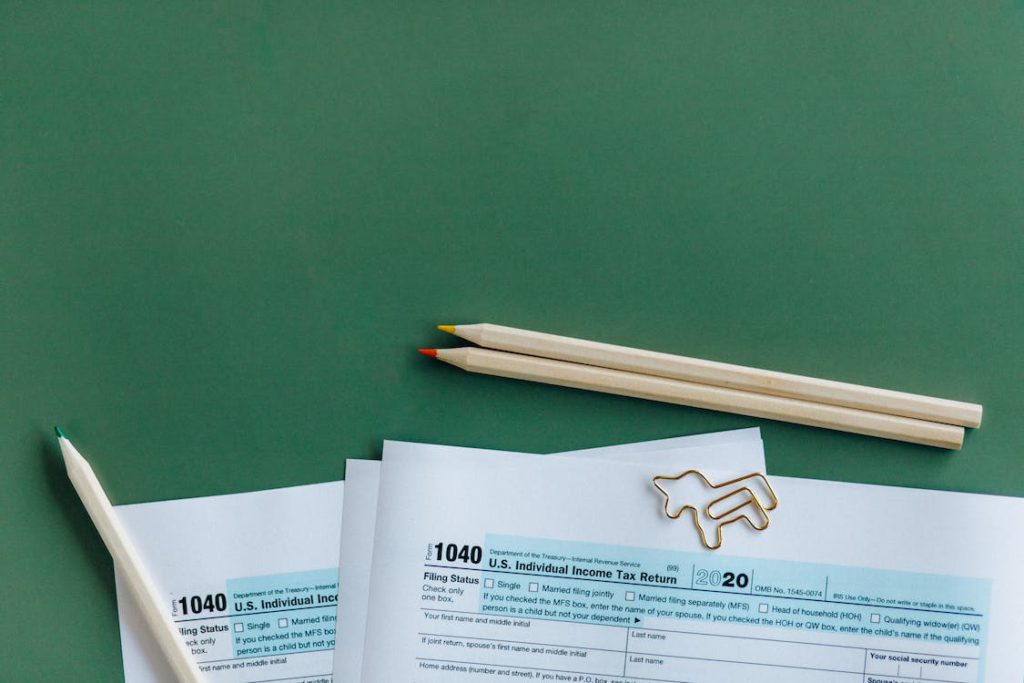Cryptocurrencies like Ethereum, Polygon, Fantom, Avalanche, and Bitcoin, to name a few, are digital assets using cryptographic techniques in order to transfer assets securely and create more cryptocurrency units.
The main feature is a blockchain (or transaction) recording ledger that is not controlled by the government or any central authority.
Cryptocurrencies each have their own system to validate blockchain transactions using many independent controllers called ‘cryptocurrency miners.’ They, in turn, are given new cryptocurrency units as a reward for the mining work.
Income Tax Characterization of Mining Cryptocurrency
Various circumstances and factors influence how cryptocurrency mining is treated tax-wise. The main options would be as a business or as a personal hobby.
According to the courts, to qualify as a business expense, the main intention behind the activity must be profit-making, and it has to have been carried out in a businesslike manner.
So, if there are any personal factors in the trade, you will have to submit it as a hobby and not a business expense. Common indications the courts will look for when qualifying the expensive as ‘for business’ include the following:
- A formal business plans
- Training of the taxpayer
- Intended actions of the taxpayer
- Previous years’ profits and losses
- How likely the activity is to result in a profit
- Whether bank loans or similar financing are in place
Since these factors vary between every individual, the courts will decide on a case-by-case basis. Say, for example, you’re in IT, and you borrowed money to invest in your cryptocurrency mining equipment, you are more likely to be able to claim it as a tax benefit than, say, someone just using their home PC.
It’s best to consult with our experienced tax experts if you aren’t sure whether your activities qualify as taxable or personal.
Mining Cryptocurrency as a Business
When you receive a new Litecoin or Ethereum unit or a similar cryptocurrency unit, you won’t have income inclusion until the unit has been disposed of since the unit is considered business inventory and is subject to Canadian Income Tax Act rules.
Passing on the cryptocurrency can either earn income or incur losses for the business (rather than capital gains or losses). Remember, only 50% of capital gains can be included in your taxable income, which can be a significant factor.
Running a business means you can claim business expense deductions for expenses and depreciable property.
Expenses to do with commercial cryptocurrency (i.e., computers, rent, electricity, and loan interest) can be sizeable. You can only deduct inventory expenses during the tax year following its sale. So, if you sell cryptocurrency like Bitcoin in one year, you can’t deduct the mining cost until the year when you sell them. Canadian tax law determines that if the value of your inventory goes down, you might be able to get a deduction in the same year.
Usually, the value is determined to be the lowest cost of receiving the inventory and the end-of-year market value.
The cost will be the cost base of the coins, and when they’re sold, the profit or loss is determined by taking the cost base from the proceeds received upon selling the coins. The taxable capital gain or loss equals half the gain or loss amount.
Mining Cryptocurrency as a Hobby
Mining as a hobby also means receiving crypto won’t result in an income inclusion, but you will realize a capital gain or a capital loss, not a business gain or loss.
We suggest only having the capital gains (if you’re mining as a hobby) count rather than the total amount because you can’t claim expense deductions. The cost base used to determine the gain or loss is based on the cost of mining the cryptocurrency.
Tips for Mining Cryptocurrency
It’s useful to understand the difference between mining as a hobby and as a business since each party is taxed differently under tax laws and the Income Tax Act. Our tax experts are ready to determine if you can reduce your tax payable significantly depending on if you realize large gains via personal or hobby and not business income. A hobby is less likely to produce impressive gains than a business, but since some types of crypto have risen sharply in price over the past few years, it’s not impossible to gain sizable returns.
With the right circumstances, commercial miners might be able to segregate some of their investment in a portfolio, claiming it changed from inventory to capital property use. This means any gains received when you sell them will be capital gains and not business gains. This, in turn, means generous income tax savings.
Conclusion
For commercial miners who are not interested in holding cryptocurrencies for the long term, it may be a good idea to consider incorporating business and hobby elements into mining. In doing this, you can unlock lower rate access on any active business income by using the small business deduction.
More information about Tax Partners, please visit our YouTube channel or contact us at (905) 448-2241. Alternatively, you may email us at [email protected].
The content of this blog/article is intended to provide a general guide to the subject matter. Specialist advice should be sought about your specific circumstances. Our firm does offer a FREE initial consultation (30 minutes).


